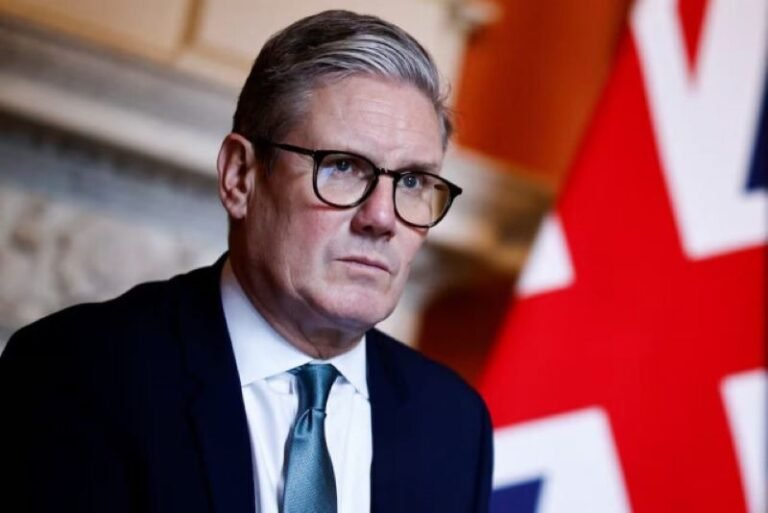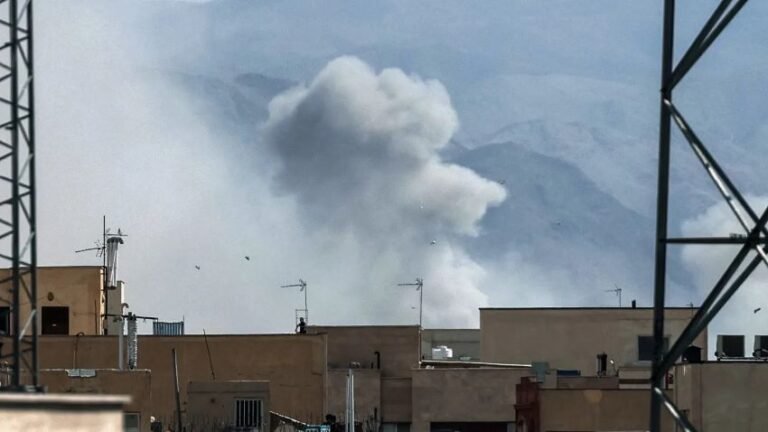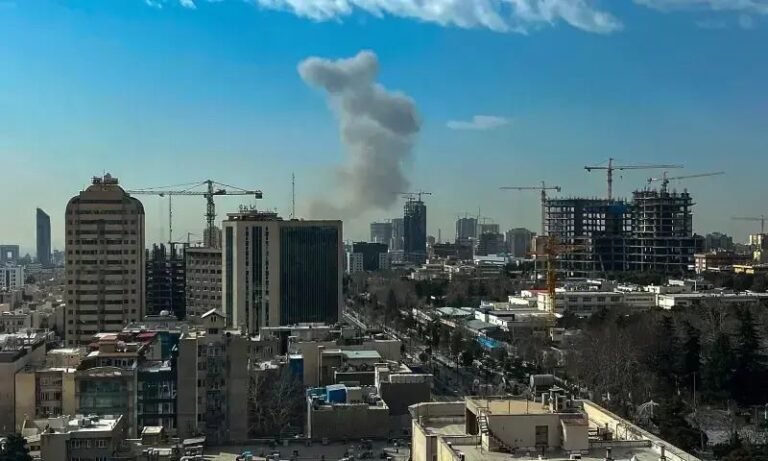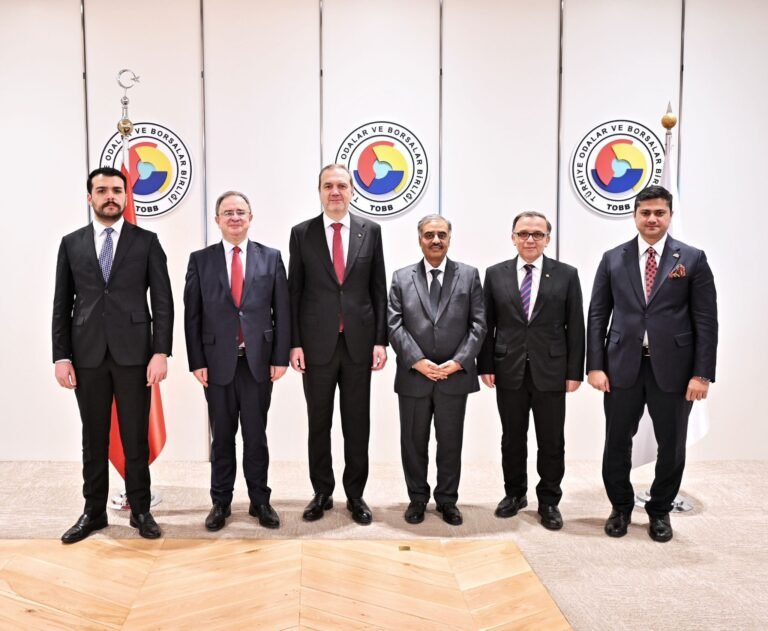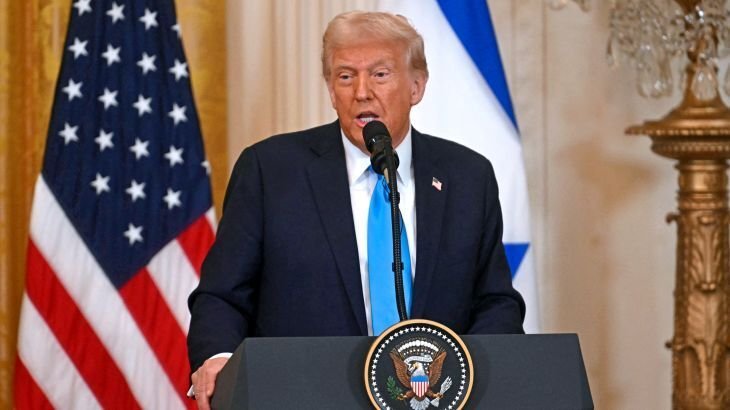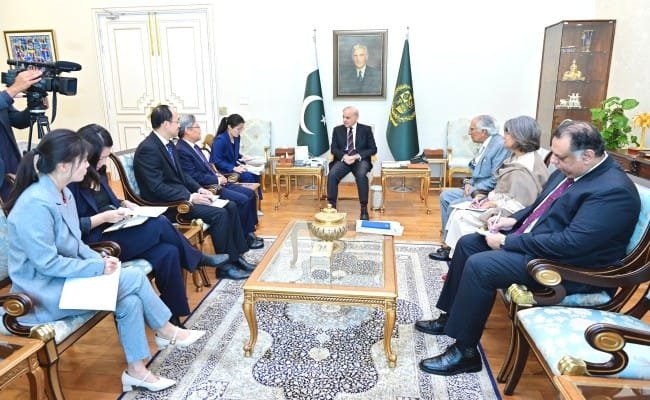Geneva, 17 January 2022 (TDI): The World Economic Forum (WEF) launched its Davos Agenda virtual event today that will go on until January 21st. The event is set to feature prominent world leaders, CEO and government officials. Thus, aiming to address critical challenges faced by the world today and ways to overcome them.
The Davos Agenda will take place virtually on the World Economic Forum website and social channels including Twitter and Facebook. This event is also set to launch numerous forum initiatives including the move to zero emissions and the creation of cyber resilience. Moreover, the strengthening of global value chains, building economies in fragile markets through humanitarian investing. And lastly to bridge the vaccine manufacturing gap and use data to prepare for the next pandemic.
“Everyone hopes that in 2022 the COVID-19 pandemic, and the crises that accompanied it, will finally begin to recede, but major global challenges await us, from climate change to rebuilding trust and social cohesion. To address them, leaders will need to adopt new models, look long term, renew cooperation and act systemically. The Davos Agenda 2022 is the starting point for the dialogue needed for global cooperation in 2022.” -Klaus Schwab, Founder and Executive Chairman of the World Economic Forum.
Featuring World Leaders
However, the Davos Agenda aims to feature prominent world leaders such as; Xi Jinping, the President of China. Narendra Modi, Prime Minister of India. Kishida Fumio, Prime Minister of Japan. Yemi Osinbajo, Vice-President of Nigeria. Moreover, Scott Morrison, Prime Minister of Australia. Ursula von der Leyen, President of the European Commission. Olaf Scholz, Federal Chancellor of Germany.
The @wef’s #DavosAgenda takes place 17-21 January 2022. Join in the conversation by using #DavosAgenda, and tagging us in your posts.
Find out more about the event and specific sessions here: https://t.co/DBmkvuFPSp pic.twitter.com/rzLxuQaAwj
— World Economic Forum (@wef) January 17, 2022
Additionally, it will address several key areas as indicated in the Global Risks Report published by the World Economic Forum last week. These areas include; Climate action, pandemic recovery, economic and social resilience, and global cooperation.



